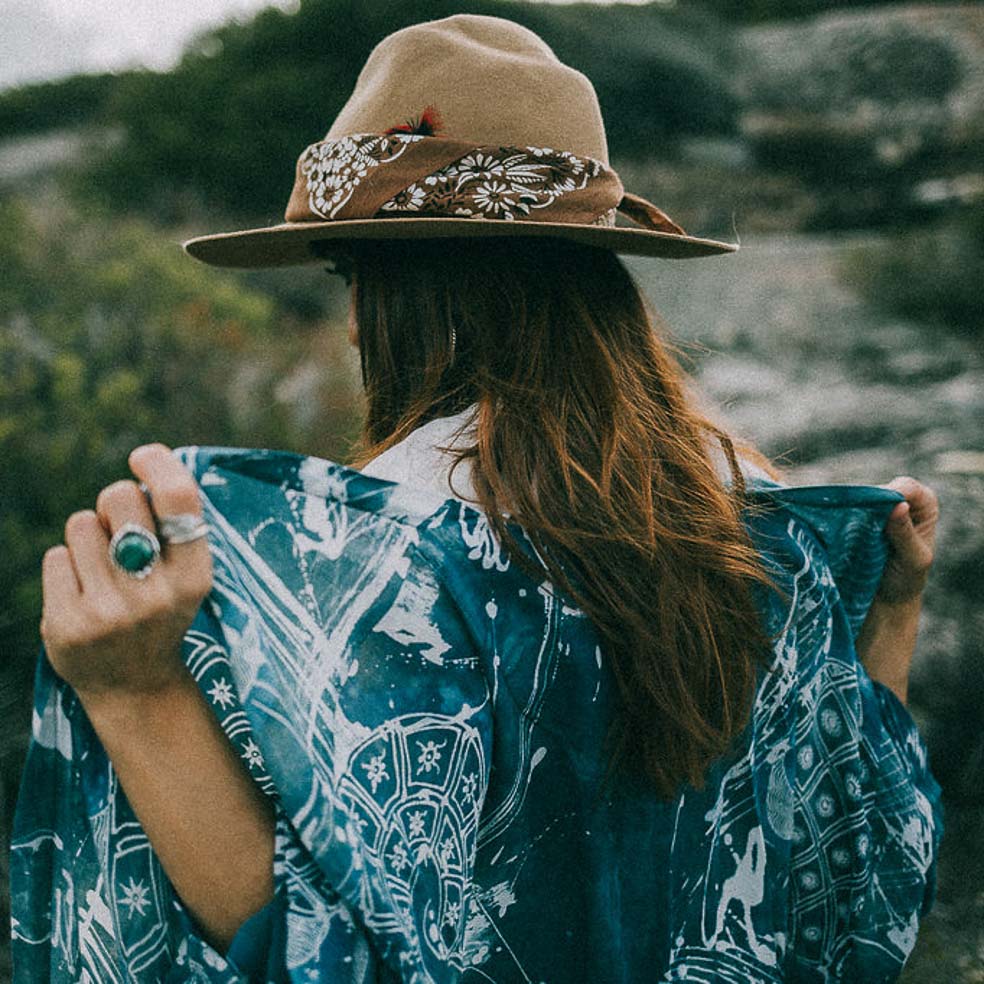Written by Vivien Huynh / photographed by Laura Marii
We sat down with Natalie Shehata from Tommie Magazine | Natty Stylist to talk about being a woman and her world of fashion.
Establishing a platform for real women
You may not realise it, but almost everyday you are fighting for something that is important. Maybe something important to you, a friend, or a family member. Once we take hold and recognise what truly ignites our preservation to inspire not only ourselves but the people around us, do we eventually begin to accept our own self-doubts and moments of defeat.
So what continues to inspire Natalie? All of us, of course. The women in my life, your life; our lives. For her, it’s not just about fashion, and within our conversation I was made to ask myself, ‘is it ever only just about fashion?’— A michelin star chef serving you a degustation of some of their finest dishes should not be underestimated for just the cooking. Every mouthful that you take should prompt you to consider the art behind it, and most importantly; the story. For now, that’s what we’re trying to do. As we’re all sitting here discussing the process of creating a sustainable lifestyle, we find ourselves also in discussion of the hardships that come with building all this from the ground up. “I have no team, it’s all self-funded, I’m literally doing everything myself. When you’re in your infancy, you just have to make the tough decisions.” Damn right, we’d say. Truth is, it hasn’t been smooth sailing, apart from the occasional moments that lead us to restart the flame of passion from the beginning, because honestly most of the time it really is a vigorous journey.

As an eco-fashion stylist, Natalie is exposed to many different agendas that embodies what others would refer to as a ‘slow movement’. What is meant as such is the idea of eco-fashion only enhancing the lives of those who actually care about the shift. Though we are here to say otherwise, as the past few years have seen a radical transition from constant fast fashion to a wider appreciation for slow fashion. As this idea is thrown around the room, one we all fell back on was the lack of resources available for those who want to be become involved. “There’s a lot of information out there but then it’s also kind of hard to find the resources when you’re not somebody in the circle that knows where to look for it as well. I understand it can be completely overwhelming for a consumer, and to have to know where to go to learn more about these things.” She goes on to explain how larger scale online fashion platforms have recently become highly influential in the development and understanding of slow fashion. Consciously, and at times unaware of the responsibility they’ve take upon to advocate for sustainable style.

“I’m interested in style and story-telling by creating a history and memory with your pieces.” They’re not things to purchase just once and leave in your wardrobe, they’re a part of you and they tell a story.” A reminder for us that this is one of many reasons why this conversation needed to happen with Natalie; a constant correlation to what we believe in, if not more. A girl who has grown up in an environment that has repeatedly scorned her for reaffirming her voice for change, is now discovering the many ways in which she can evolve her platform. There’s a slight hinge of delight and passion in her personal song, and it’s a song that we’ve ascertained to hear more of and have become more accustomed to. Beyond all the aspects of sustainability that she advocates for, secondhand clothing is where it all begins. And so she would describe, the stigma of these pre-loved clothes needs to go, “ people still think it’s dirty and strange, and that it’s the option for the person that’s poor or not well off” — before I could even ask about the societal impact, she beats me to it —“we could literally stop producing clothes right now and there would be enough to keep us going because there’s so much product in the world already.” In agreement, I also took it upon myself to ask about the bigger picture— “it’s important to promote secondhand shopping, but I also want to promote style over fashion, because you’re your own master, and you can come up with what you want.” That statement hits home for the both of us, and I recall the influx of thrift store hunting and the rising popularity of vintage curation, especially amongst niche groups of younger generations today. All the meanwhile at the same time, we’re competing with the digital world and as Natalie put it, “that’s the danger of social media, that as women we compare and contrast. People are really scared now in the digital world to be seen in an outfit more than once”—she remembers to take a breather, and finishes with another statement we couldn’t have agreed more on—“I’ve made a conscious decision to show things several times. It’s a very powerful thing and it’s important for the younger generation, especially teenaged girls, because they’re scared of posting something twice. They think they need to have a new outfit all the time, and that’s just unrealistic and wasteful.”
“I was the complete opposite to everything that was being sold. I’m looking at it as defying those beauty standards by giving a voice and platform to other women; that we’re not the other, and this is what Australia is.”
Style over fashion, hey? “If you see young girls walking down the street, they’re literally wearing a uniform. They all look the same. Why do you want to be the same? Why don’t you want to be different?” When you put that thought to the test, she’s not wrong at all. The cycle of fashion comes in waves like a ferris wheel, circling back again and again. There’s no harm in warming up to a piece of article that speaks to you, but the question is; why do we dress like we speak of only each other? We deliberated and came to the most plausible conclusion; the fear of standing out far outweighs the fearlessness to stick out like a sore thumb. Though Natalie has had her fair share of the unavoidable contrast between her friends and herself, speaking of notable differences she wasn’t aware she could be proud of — “I was the one that always stood out because there was only one kind of woman represented. I was always the other, I was always the one that was more exotic and wasn’t that conventional idea of beauty that I had seen my whole life growing up in magazines.” Upsetting to hear, but also the underlining legitimacy of it really hit home—“I was the complete opposite to everything that was being sold. I’m looking at it as defying those beauty standards by giving a voice and platform to other women; that we’re not the other, and this is what Australia is.” It’s not something us girls are unfamiliar with, next to one another we are undeniably different, but what do we all have in common? There wasn’t a platform telling us; yes we are all different, and that’s okay.


So here is a woman, a beautiful, compassionate, determined young woman ready to show the world what truly is sustainable styling. Is there anybody listening? “I think there’s this idea that women who are interested in fashion don’t have substance.There is this assumption that these women are just frivolous and it’s all just fun. Sure it’s fun, but some of the most intelligent women and change makers, advocates, entrepreneurs, and leaders are people I’ve met from the fashion industry.” Perhaps this idealistic nature of Natalie has got her through those junctures and helped her in ignoring folks who think otherwise. The criticism of others is inevitable, but the regret of not fulfilling a dream born from a passion to make change is permanent. Although her platform consists mostly of ethical and conscious living, a certain facet that we keep coming back to is the recognition of how much pressure we put on ourselves as women. “People can think women are these perfect creatures, like we don’t make mistakes, and I know we can be our own worst enemies in the sense that we want to do better all the time and be great at everything and balance everything, but that’s just not real life.”— I concur and give the signal that everyone in the room is finding this all quite relatable. It’s all, as we agreed upon, an important conversation to be having with everything that is going on in the media, especially with the late prominence of feminism.
“I want to promote women who are taking the steps to do things differently. We live in a very fast paced society, and we just can’t keep up with the noise and the demand, so it’s very important for me to focus on issues like mental health as well.” In turn, I’ve come to realise that we demand a lot from ourselves as well, and generally we often neglect that area of our wellbeing— “The outside world definitely asks a lot of us these days.” But the problem here is that this line of work invites inclusivity and adheres to create a community, otherwise what are we fighting for? “You’re right, it’s not just about me or you, it’s about what other people want to take part in.” She pauses for a moment and continues to ignite that passion in her voice we’ve been getting a dose of from the beginning—“nothing happens overnight and nothing comes easy. I think for me it’s always; just be brave, have courage, keep on going. It doesn’t matter if you’re having a hard day, that feeling won’t last forever and you can do whatever you want, and be whatever you want in life. Just believe in yourself, and don’t be afraid.”
“Natalie Shehata is an eco stylist, second hand shopping ambassador, and founder of tommie magazine."
Shop the look! Natalie Shehata styled our Kūrata Gala Kimono from KŪRAKARA Collection together with her private vintage collection.







Share:
In-Hāus Dialogue with Claudia Mancini
In-Hāus Dialogue with Tara Chandra